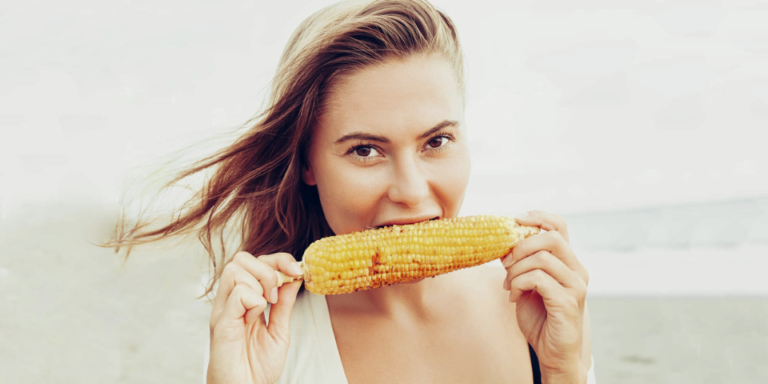When most people think of plant-based protein, they think of vegan protein powders, nuts, beans, and quinoa. But did you know that there are many other high-protein vegetables that you may not have considered?
Whether you’re vegan and trying to get enough protein, or you’re really pushing protein to maximize your fitness benefits, adding high-protein vegetables to your meals can be really helpful in reaching your goals.
Here’s a list of seven high-protein vegetables that might surprise you.
1. Lentils
Protein: 18g per cup, cooked
Lentils are one of the richest sources of plant protein in their whole form and are an excellent source of iron. Eat them with sauteed onions, tomatoes or other sources of vitamin C to help your body absorb their iron content.
Cooking tip: Use lentils to replace half the meat in this easy turkey chili as a simple swap.
2. Edamame

Protein: 18g per cup in shell, cooked
A popular appetizer dish in Japanese cuisine, edamame is actually just soybeans, which have more protein than almost any whole vegetable. It is also an excellent source of fiber. which will help you feel full and control your blood sugar levels.
Cooking tip: Enjoy steamed edamame as a snack with a little sea salt, or toss edamame beans into a teriyaki chicken stir-fry for some extra protein.
3. Green peas

Protein: 9 g per cup, cooked
Not only are green peas a classic side dish, but they’re also a decent source of protein, a good source of magnesium and B vitamins, and high in vitamin A. They also provide some calcium and beta-carotene, a type of antioxidant.
Cooking tip: Toss steamed green peas into your favorite whole-wheat or bean-based pasta with a fresh pesto sauce.
4. Cooked spinach

Protein: 5 g per cup, cooked
Popeye made spinach a famous health food for good reason. Cooked spinach is a good source of protein and is also packed with iron, calcium, vitamin A and folate.
Cooking tip: Throw some spinach into your next green smoothie, game day appetizer or batch of muffins (trust us, you’ll love them).
5. Yellow sweet corn

Protein: 5 g per cup, cooked
There’s nothing like sweet corn in the summer. In addition to some protein, corn also provides starch and fiber, making it a great idea for a carb option on your plate. Corn also provides some potassium, phosphorus, niacin and magnesium.
Cooking tip: When you can get fresh sweet corn, boil the stalks for 10 minutes, remove the pits and toss with olive oil, salt and pepper. If the corn is not in season, you can prepare them the same with frozen sweet corn.
6. Russet potato

Protein: 5g per medium baked potato
Regular potatoes have come under fire in recent years, but did you know they contain fiber like sweet potatoes, along with other nutrients like potassium, vitamin C and iron? It is a great choice for the carbohydrate source of your meal.
Cooking tip: Enjoy protein mashed potatoes style with this Greek yogurt and mashed potatoes recipe.
7. Artichoke

Protein: 4g per medium artichoke, raw
Artichokes are quite large and despite the small amount of tasty flesh you get from the leaves, they are higher in protein than most other vegetables. They also contain potassium, magnesium and vitamin C.
Try it on: Steam a whole artichoke for 20 to 25 minutes and enjoy dipping the leaves in this healthier Hollandaise sauce.
The importance of getting different types of plant proteins
For those who do not eat foods of animal origin, eating a variety of types of protein from different sources is critical. Protein is made up of 20 amino acids, nine of which cannot be synthesized by the body and must therefore come from food. Animal protein—eggs, fish, poultry, dairy, meat—contains all nine of these essential amino acids, making it a complete protein.
Plant proteins, however, are typically incomplete. So those following a strict vegan diet should consider the quality of the protein they are consuming and combine foods accordingly.
Vegetarian diets can be much more flexible than vegan diets in terms of protein sources. For example, eggs and dairy are both high biological value protein (meaning they are easily absorbed and used by the body) foods that are vegetarian dairy. Regularly including eggs or dairy in addition to higher protein plant foods like beans and lentils can help ensure you’re getting enough essential amino acids.
A vegetarian breakfast could contain 26 grams of protein, as well as all the essential amino acids your body needs. All you need are the following ingredients:
